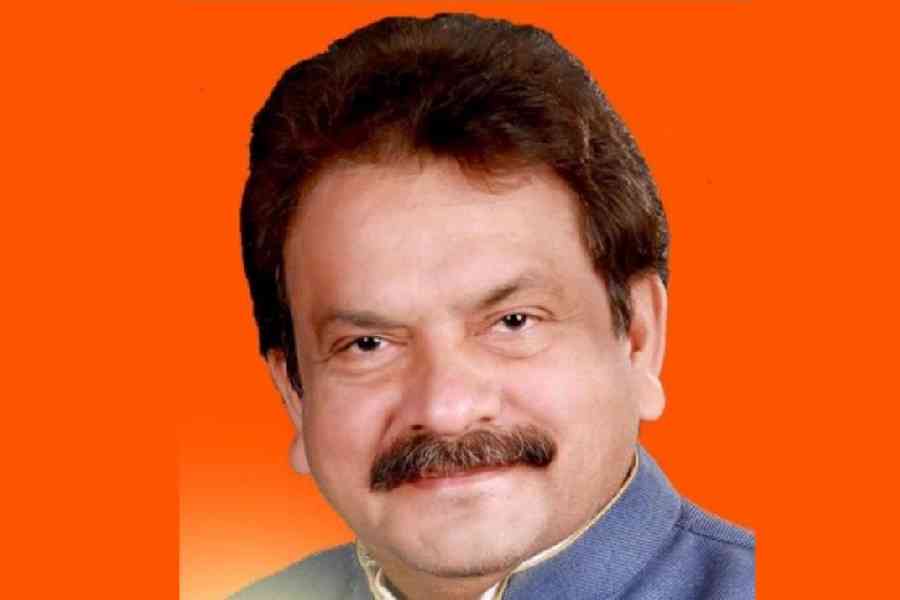Hate speeches have been strongly condemned by the Supreme Court. Yet a representative of the government, no less than the minister of state for law and justice himself, described the largest minority community as intolerant and hypocritical. Of course, Satya Pal Singh Baghel is not the first Bharatiya Janata Party leader to make such negative and contemptuous comments. He is just the latest. Speaking at a Rashtriya Swayamsevak Sangh gathering, Mr Baghel said that less than a thousand minority group members were tolerant, and those who were, merely wore a ‘mask’ in order to reach the governor’s, vice-president’s or vice-chancellor’s chair. Irrespective of persons he may have had in mind, Mr Baghel was not just violating rules of propriety and public restraint, he was also assaulting the ideals of secularism, citizens’ dignity, justness and fidelity to facts. The Constitution is vested in elected representatives; in Mr Baghel’s case, so are law and justice. Making statements that may cause enmity between groups is against the law. But the minister seemed to know even the heart of Akbar, whose tolerance, marriage to a Hindu woman and attempts to bring all religions together were just strategies to lord over the majority community. A list of the evils wrought by other Mughal rulers was included in Mr Baghel’s speech; he was surprised that the culture, language and society of his kind survived at all.
Mr Baghel was responding to an earlier speech by the information commissioner, which suggested that moderate and tolerant members of the minority faith should be ‘embraced’ and fundamentalism resisted. But the minister also recalled the arguments over the basic structure of the Constitution. The basic structure was the Akhand Bharat Hindu Rashtra that, according to his strange sense of history, existed till Prithviraj Chauhan’s defeat in 1192. Mr Baghel followed the BJP-RSS line of presenting empire-building and territorial battles as victories of one faith over another. But his ignoring of the Constitution to project Hindu rashtra as India’s true heritage was particularly disturbing because it came from a minister. Mr Baghel’s government apparently agrees with him, for it is both silent and inactive. What does institutional hostility mean for citizens? Only an unwavering faith in equality and fraternity among the majority of Indians can defeat this spread of hatred.











